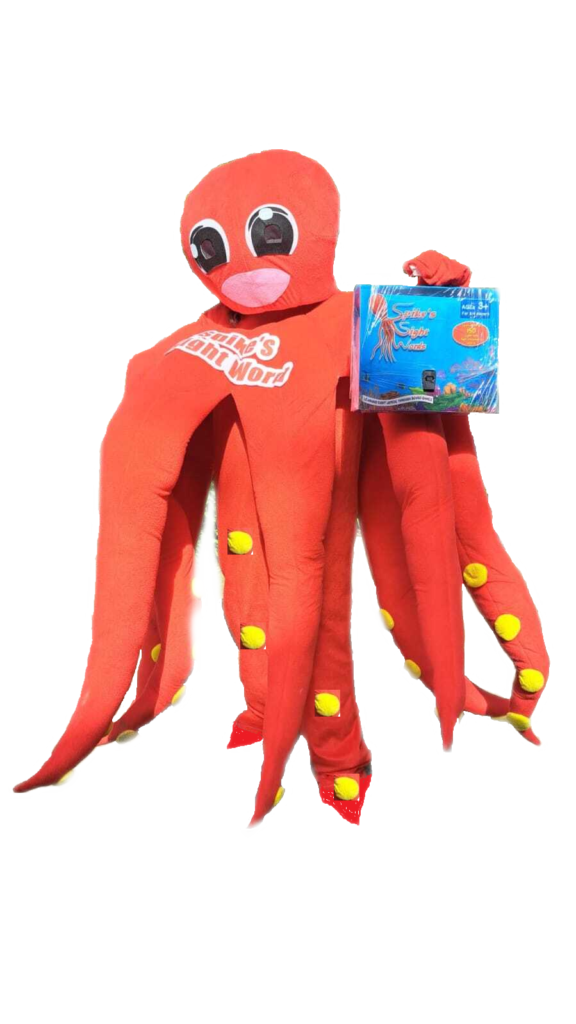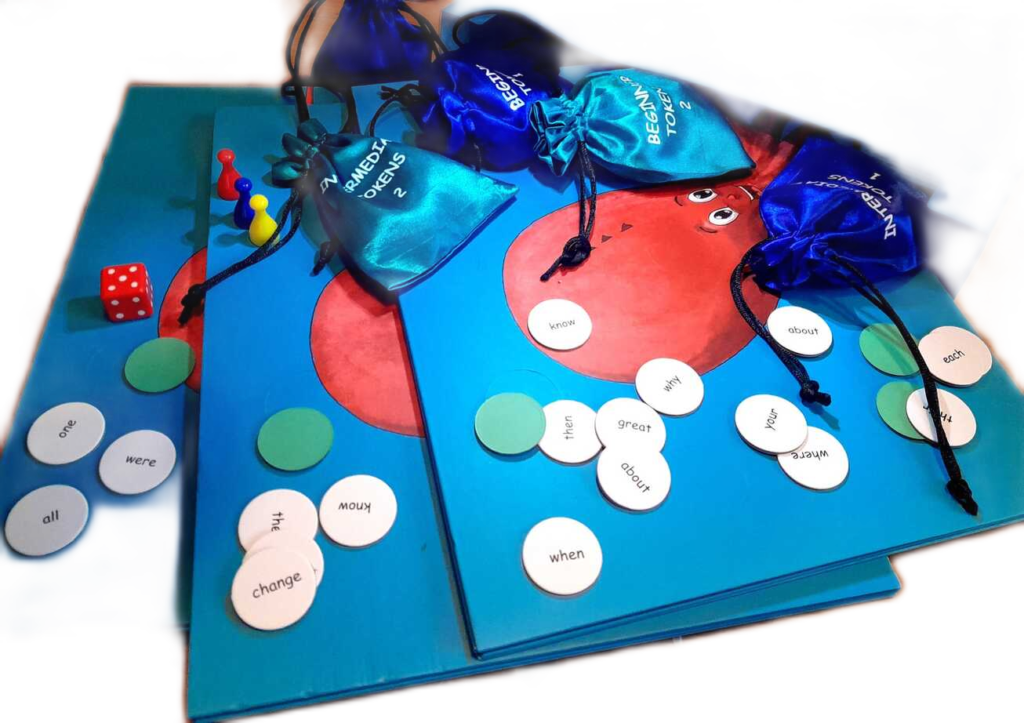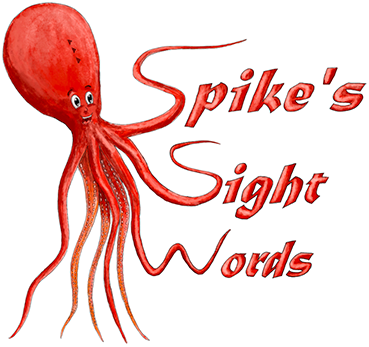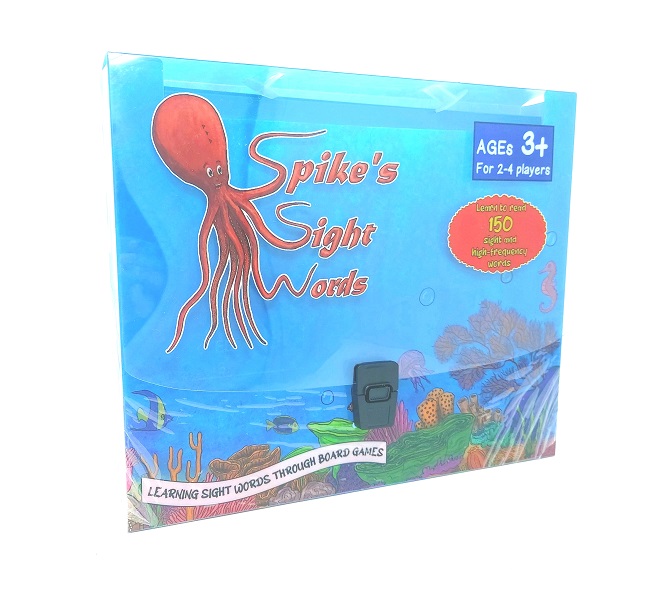
Some of these words that we use today are actually thousands of years old, and originate from a time before English even existed.
Others have since changed, been replaced, or completely ditched.
Here are 30 obsolete or uncommon words that we think have gone before their time. Have fun in your next conversation and try a few!
1. Crapulous – we know what you’re thinking; you’re thinking this has something to do with feeling crappy, right? Well, you’re not entirely wrong. It means to feel ill from excessive eating or drinking, like feeling crapulous the morning after your cake-binge-worthy birthday celebration.
2. Grumpish – this one dates back to the 1720s and it makes us pretty grumpish to realize it’s no longer used. It’s an alternative to sullen or grumpy.
3. Groak – while the origin of this word is unknown, it means to watch someone silently as they eat, in the hope that you will be invited to join them. For instance, how am I supposed to enjoy my sushi while that guy is groaking me the entire time? Whoa, that sounds similar to something else…maybe let’s not revive that one…
4. Pismire – literally, a word that’s derived from small insect and piss. Defined as an ant. “Hey look, there goes another pismire!” Em gee. Let’s bring that back, shall we?
5. Snowbrowth – dating all the way back to the 1590s, snowbrowth refers to freshly melted snow, as in “this morning there was a perfect carpet of white on the lawn, but now it’s merely snowbrowth.”
6. Excogigate – To plot, plan, devise, with Latin roots that mean to bring out by thinking. Also, NOT used in relation to writing lists. “Oh my, what is George excogigating over there?” (Yikes, that almost sounds bad – like George is choking to death or something.)
7. Apricity – you know when it’s a cold winter’s day but the sun is just gloriously warm? That’s “apricity” and the word dates back to the 1620s.
8. Twattle – this sounds like garbage that you’d tweet, doesn’t it? What it really means is to gossip, as in stop twattling and get back to work!
9. Elflock – if you have wavy hair and you wake up with it tangled and mangled, that’s elflock, as though the elves have tied it into knots during the night. For instance, Geesh, have you seen the state of my elflocks today?
10. Gorgonize – from the early 17th century, this lovely word means to have a mesmerizing effect on someone, as in, “I was gorgonized by his charisma as he spoke to me.”

11. Cockalorum – coming straight out of the 1710s, this word refers to a little man who has a high opinion, as in that guy has short-man syndrome, he’s a total cockalorum.
12. Snoutfair – No, it doesn’t refer to a festival of cute pigs with lovely looking snouts. It actually refers to a good-looking person and comes from the 1500s. Today we’d use it as, the girl who plays Super Girl? Total snoutfair!
13. Jollux – even in the 1780s they had slang and “jollux” was a term to refer to a fat person.
14. Curglaff – you know when you plunge into that cold ocean water and want to scream? That shock is curglaff! It’s a Scottish term from the 1800s.
15. Brabble – remember when you heard that mum and daughter having a rather loud argument in the grocery store? They were brabbling over something inconsequential.
16. Twitter-light – no, this doesn’t refer to the backlight on your phone as you’re scrolling through Twitter, believe it or not. It’s actually a 1600s alternative to the time of day we call twilight.
17. Lunting – in the 1820s gentlemen would enjoy a post-meal lunt. That means they would go for a walk and smoke a pipe.
18. Beef-witted – some of today’s reality shows are totally beef-witted! The 1590’s word refers to something stupid.
19. Monsterful – out of the 1810s, this word refers to something rather extraordinary and wonderful. The Dead Pool movie was every bit as monsterful as the trailer promised.

20. Callipygian – this word is something the likes of J-Lo and Beyoncé own. While it was used in the 1640s, it means to have a beautifully shaped buttocks.
21. Fuzzle – now here’s what probably happened to you on your stag night. In the 1910s friend would gather and get fuzzled to have a good time – drunk or intoxicated.
22. Quockerwodger – from the 1850s, this funny-sounding English term referred to a wooden puppet that was controlled by strings. She can’t think for herself, she’s such a quockerwodger!
23. Resistentialism – a little more “recent” (as in 1940’s), this phrase refers to malevolent behavior that would be displayed by inanimate objects, such as, that statue looks a little vicious, I think it exhibits resistentialism.
24. Lethophobia – do you fear oblivion at all? You may well be lethophobic!
25. Sluberdegullion – did you spend the weekend sprawled on the sofa with no intentions of moving? In the 1600s you’d be known as a sluberdegullion, as is slovenly.
26. Curmuring – remember that day you had an important meeting and no time to grab a bite to eat beforehand? And then just at the moment the director got up to speak your stomach gave a proper, loud rumbling? That’s curmuring!
27. Lumming – in the 1900s it could come lumming down on rainy days.
28. California widow – did you marry a man who goes off to work in other parts of the state for long periods of time? You’re an 1889 California widow.
29. Zenzizenzizenzic – This wondrous word means to the power of eight. In the 16th century, when people explained it to one another, they’d say: “It doth represent the square of squares quite squarely.” Nice.
30. Houppelande – It means cloak and was used in the medieval days. I mean, how much cooler does it sound then to say where’s my houppelande? Or even the grandiose imaginative picture of swinging your houppelande about you as you take your leave, head held high.


